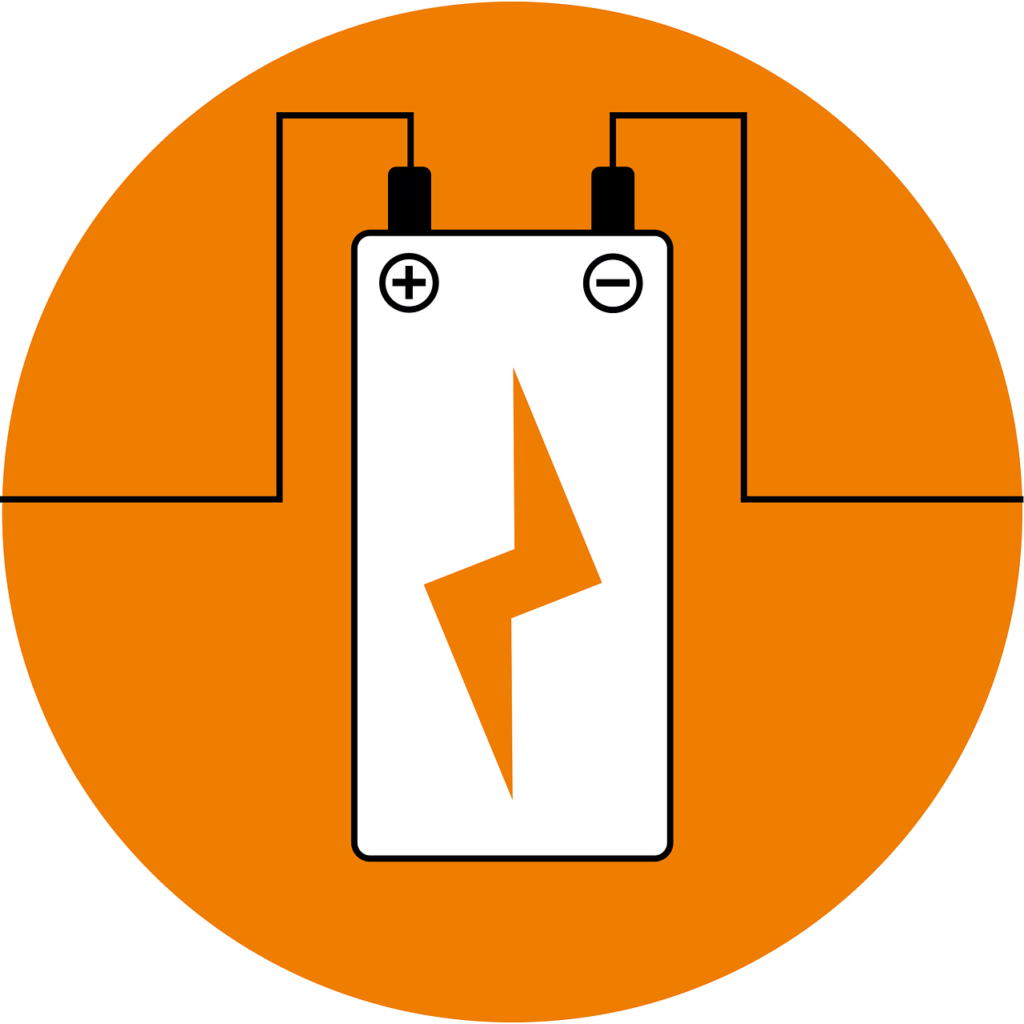
The electric vehicle (EV) industry has been rapidly growing in recent years, and the choice of battery technology is one of the most crucial decisions for EV manufacturers. Two of the most commonly used battery technologies are lithium-ion (Li-ion) and lithium ferro phosphate (LFP) batteries.
In this blog, we will explore the latest research and evidence on the performance and benefits of both Li-ion and LFP batteries, and consider which one is best suited for Indian conditions for EVs.
Energy Density:
Li-ion batteries have a higher energy density compared to LFP batteries, meaning that they can store more energy in a smaller space. This is a key factor for EV manufacturers as it allows them to use smaller and lighter batteries, which in turn reduces the weight of the vehicle and improves its overall efficiency. However, higher energy density also increases the risk of thermal runaway, which can result in a dangerous and potentially explosive situation.
Hot Summers:
India has hot and humid summers, which can significantly impact the performance of batteries in EVs. Li-ion batteries are known to be sensitive to high temperatures, and their performance can be severely impacted by prolonged exposure to high temperatures. On the other hand, LFP batteries have a relatively flat voltage range and are known to be more stable in high temperatures compared to Li-ion batteries. This makes them a better option for the hot Indian climate.
Wear and Tear:
Both Li-ion and LFP batteries undergo wear and tear during their lifetime. However, Li-ion batteries are more susceptible to degradation compared to LFP batteries, which have a longer cycle life. This means that LFP batteries can be charged and discharged more times before they reach the end of their life, making them a more cost-effective option in the long term.
Charging Cycle:
Li-ion batteries have a peak voltage range of 4.2v to a cutoff of 2.75v, while LFP batteries have a relatively flat peak of 3.65v to a cutoff of 2.5v. This difference in voltage range plays a crucial role in the performance of both batteries. LFP batteries have a longer charging cycle compared to Li-ion batteries, which can result in improved performance and increased lifespan.
Thermal Runaway:
Thermal runaway is a dangerous and potentially explosive situation that can occur in batteries. Li-ion batteries are known to be more susceptible to thermal runaway compared to LFP batteries, due to their higher energy density and sensitivity to high temperatures. This makes LFP batteries a safer option for EVs.
Environmental Impact:
Both Li-ion and LFP batteries have an impact on the environment during their production and disposal. Li-ion batteries require rare earth metals such as cobalt, nickel, and lithium, which are mined from environmentally sensitive areas. On the other hand, LFP batteries are made from more abundant materials and are considered to have a lower environmental impact compared to Li-ion batteries.
Conclusion:
In conclusion, both Li-ion and LFP batteries have their own strengths and weaknesses, and the best option for EVs in India will depend on several factors, including the climate, cost, and performance requirements. Based on the latest research and evidence, it seems that LFP batteries are better suited for the hot Indian climate, and have a longer cycle life, improved safety, and lower environmental impact compared to Li-ion batteries.
There is currently no indication that lithium will be replaced with other elements such as sodium in the near future for electric vehicles. However, researchers and scientists, including Nobel laureate John Goodenough, continue to explore new battery technologies that can improve the performance and sustainability of EVs.

I agree with your point of view, your article has given me a lot of help and benefited me a lot. Thanks. Hope you continue to write such excellent articles.
Great article. I am going through a few of these issues aswell..
I agree with your point of view, your article has given me a lot of help and benefited me a lot. Thanks. Hope you continue to write such excellent articles.
I agree with your point of view, your article has given me a lot of help and benefited me a lot. Thanks. Hope you continue to write such excellent articles.
I read your article carefully, it helped me a lot, I hope to see more related articles in the future. thanks for sharing.
this is a valuable information. I am glad i got to read THIS. I have been examining out a few of your articles and its pretty stuff to read. I will surely bookmark your blog to make sure I could get an up to date post.regardsThanks! Valuable information!It is truly a nice and helpful piece of information. I am glad that you shared this helpful info with us. And also thank you for your detailed explain of 2019-nCoV.As a Newbie, I am continuously exploring online for articles that can be of assistance to me.My website: бесплатное порно видео студентовVery good article. I absolutely love this website. Keep writing!
Reading your article helped me a lot and I agree with you. But I still have some doubts, can you clarify for me? I’ll keep an eye out for your answers.
Your point of view caught my eye and was very interesting. Thanks. I have a question for you.
Thank you for your sharing. I am worried that I lack creative ideas. It is your article that makes me full of hope. Thank you. But, I have a question, can you help me?
Your article helped me a lot, is there any more related content? Thanks!
Can you be more specific about the content of your article? After reading it, I still have some doubts. Hope you can help me.
Thanks for sharing. I read many of your blog posts, cool, your blog is very good.